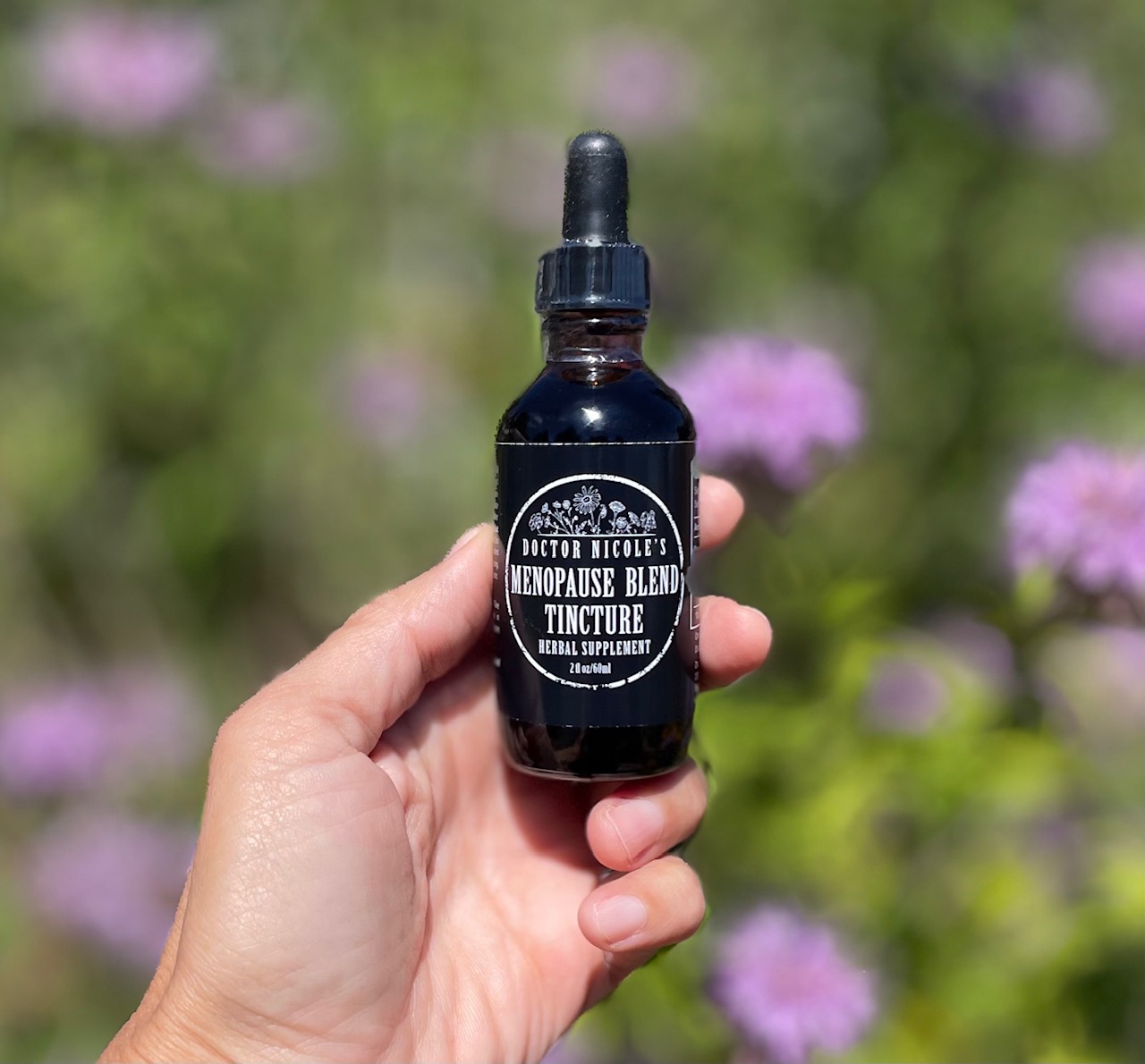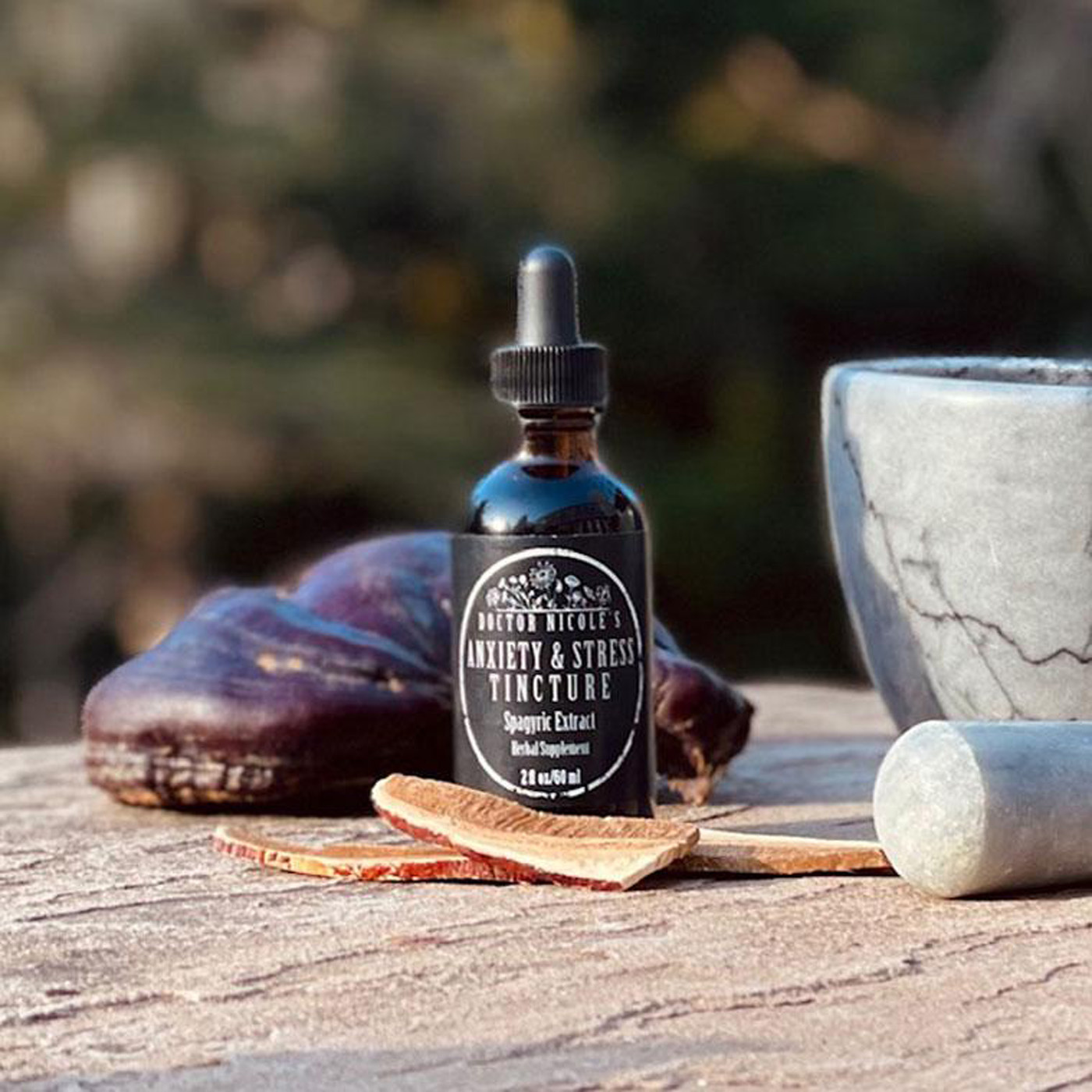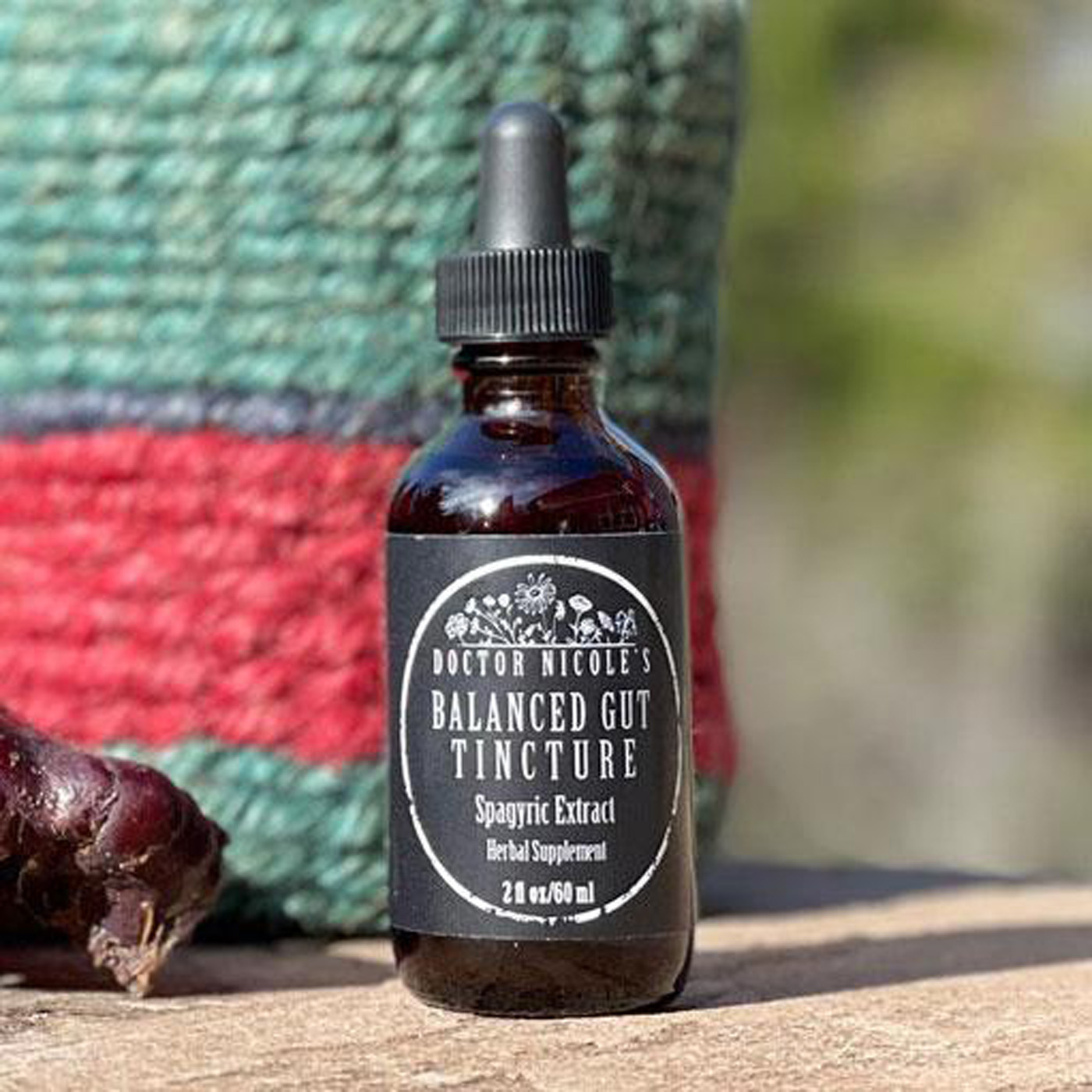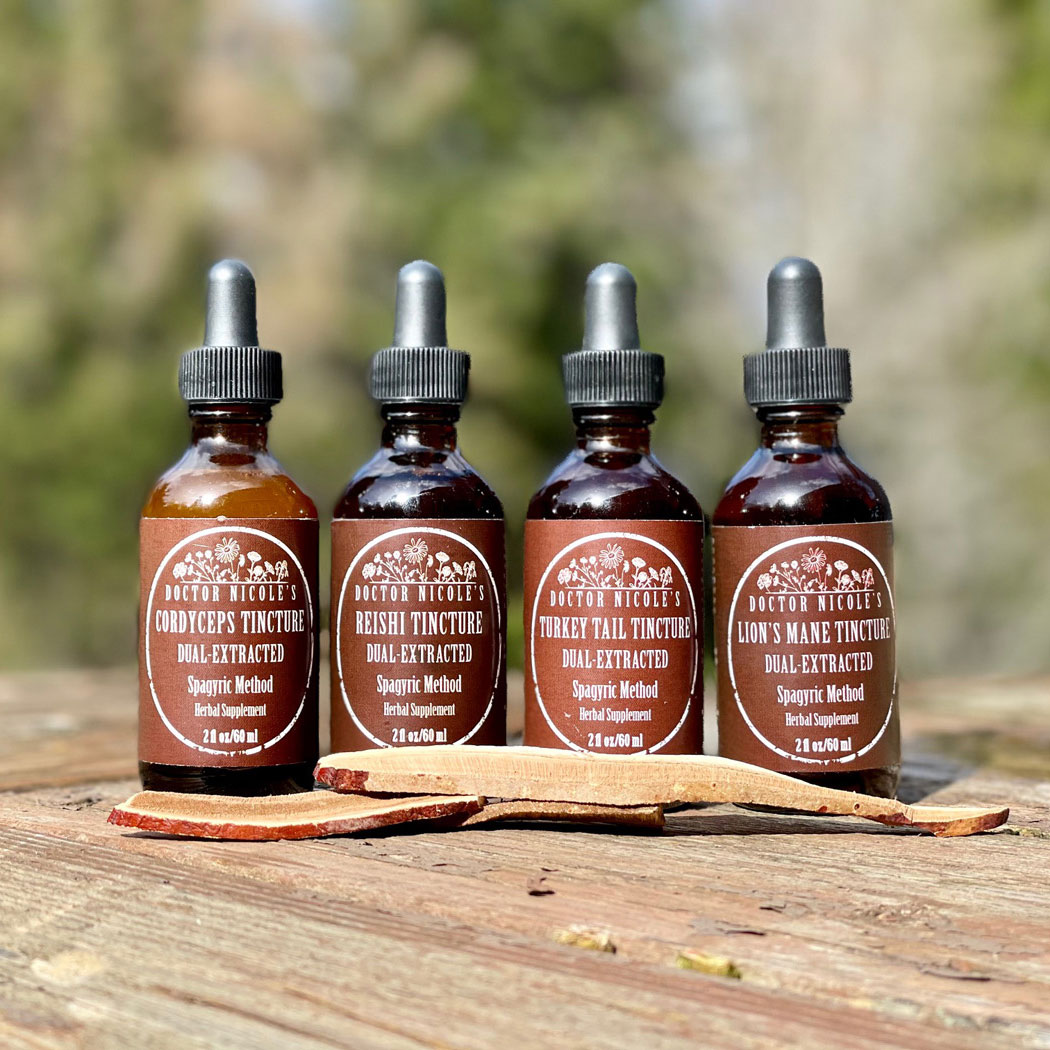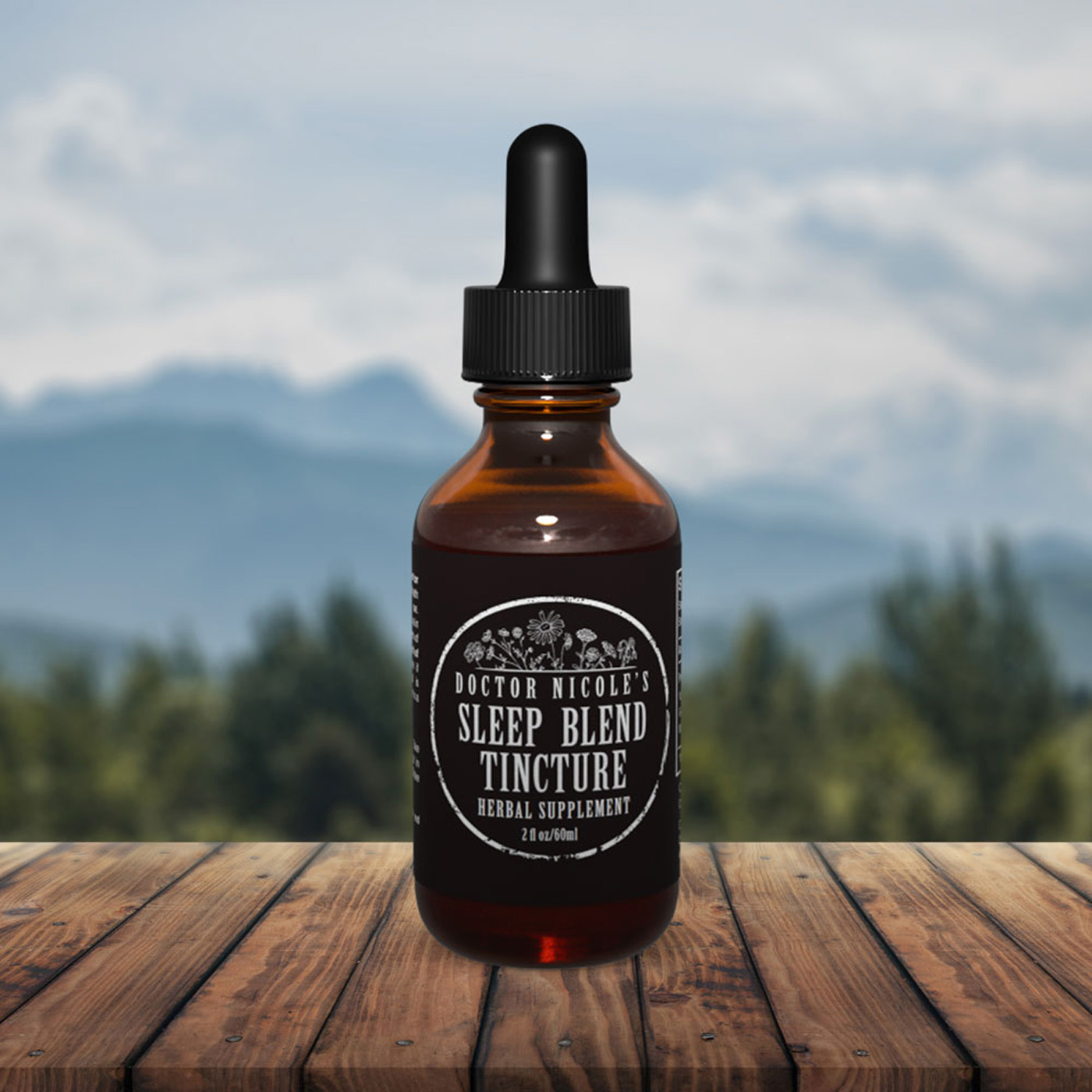Hormonal Shifts and the Immune System
If you have an autoimmune disease, going through menopause can impact women in a variety of different ways. For some, you may find it helps to relieve autoimmune flares — while others discover it makes symptoms worse. It depends on the type of autoimmunity and how long you have had the disease. Menopause can also increase the risk of developing an autoimmune disorder in your later years. In this post, we will explore the way hormones interact with the immune system, a tiny gland in your brain called the thymus, and environmental factors that all play a large role in how autoimmunity affects menopause — and the other way around.
The Thymus: Tiny But Mighty
You may not suspect that a tiny gland located behind the breastbone could exert such a hefty influence over immune function, but the thymus does just that.1 Responsible for giving rise to αβ T cells, the thymus is an important aspect of immunity as these cells keep infection and cancer in check.7 But as we age, the thymus shrinks and becomes less efficient, which not only makes you more prone to illness and disease but also encourages inflammation that can increase the risk of autoimmunity. What’s more, estrogen can cause the thymus to shrink as well. This brings us to another characteristic of aging: the hormonal shift of menopause and the interplay with autoimmune conditions.
Menopause and Autoimmunity
The female hormone estrogen is known to boost the immune system, which can lead to an increased chance of developing an autoimmune disorder. So it is logical to think that when a woman goes through menopause, autoimmune symptoms would decline along with the risk of developing autoimmunity later in life. Not so fast. For some, this time in a woman’s life can increase the chance of flares and being diagnosed with the condition. It depends on the type of autoimmunity, environmental factors, and personal health history.
An example is systemic lupus erythematosus (SLE). Those with lupus tend to have flares in pregnancy due to the high levels of estrogen but then have fewer symptoms during perimenopause and menopause. On the flip side, the decrease of estrogen in the postmenopausal years can trigger the development of rheumatoid arthritis and scleroderma (an autoimmune skin-thickening disorder).6
With multiple sclerosis, symptoms tend to become worse during and post-menopause. For many between the ages of 45 and 55, low estrogen levels can cause symptoms that are similar to an MS flare.2 A review published in the journal Frontiers in Neurology found that menopause increased physiological and physical symptoms of the disease, including mood disorders, brain fog, sensitivity to heat and/or cold, and inflammation.3 Hot flashes associated with menopause can also intensify and/or trigger flares. Moreover, one small study found that 54 percent of women with MS experienced increased symptoms postmenopausal.4

Researchers have established that environmental factors such as smoking, quality of diet, where you live, and the amount of quality sleep each night play a large role in the severity of autoimmunity — including during and after menopause.5 Genetics also are an important aspect of whether or not you develop an autoimmune condition.
A whole-food, nutrient-dense diet; moderate exercise; reducing stress and practicing gratitude; getting enough sunlight each day; tending to gut health; and practicing solid sleep habits are crucial to help minimize the risk of autoimmunity and flares. Additionally, I have personally found herbal remedies to be life-changing throughout my walk with multiple sclerosis and now, menopause.
Plant-Based Solutions
If you’re seeking additional support for hormonal balance, our powerful Menopause Blend features black cohosh and red clover — two trusted herbal remedies known for easing menopausal symptoms. These herbs help reduce disruptive hot flashes and night sweats. Plus, red clover supports bone health and protects against cardiovascular issues associated with this time of hormonal transition. Whether used before bed to tackle night sweats or during the day, this blend offers relief when you need it the most.
Other helpful natural remedies for autoimmunity and menopause that I use include our Sleep Blend, Anxiety & Stress Blend, Mushroom FOURtress Bundle, and Balanced Gut Blend.
Are you ready to experience the difference our convenient and effective extracts can make? Stop by my apothecary today to learn more!
Nicole Apelian
Nicole’s Apothecary Products in this Post
References
- “Menopause and Autoimmune Disease: What You Should Know” Robin Elise Weiss, PhD — medically reviewed by Andrea Eisenberg, MD. Health Central, April 15, 2019. https://www.healthcentral.com/article/menopause-and-autoimmune-disease
- “What is Menopause” National Institute on Aging. https://www.nia.nih.gov/health/menopause/what-menopause.
- Bove, R., Okai, A., Houtchens, M., Elias-Hamp, B., Lugaresi, A., Hellwig, K., & Kubala Havrdová, E. (2021). Effects of Menopause in Women With Multiple Sclerosis: An Evidence-Based Review. Frontiers in neurology, 12, 554375. https://doi.org/10.3389/fneur.2021.554375
- Smith, R., & Studd, J. W. (1992). A pilot study of the effect upon multiple sclerosis of the menopause, hormone replacement therapy and the menstrual cycle. Journal of the Royal Society of Medicine, 85(10), 612–613. https://doi.org/10.1177/014107689208501008
- “Staying Healthy During and After Menopause” National Institute on Aging. https://www.nia.nih.gov/health/menopause/staying-healthy-during-and-after-menopause
- “Scleroderma” Cleveland Clinic. https://my.clevelandclinic.org/health/diseases/scleroderma
- “T-cell development in thymus” British Society for Immunology. https://www.immunology.org/public-information/bitesized-immunology/immune-development/t-cell-development-thymus



